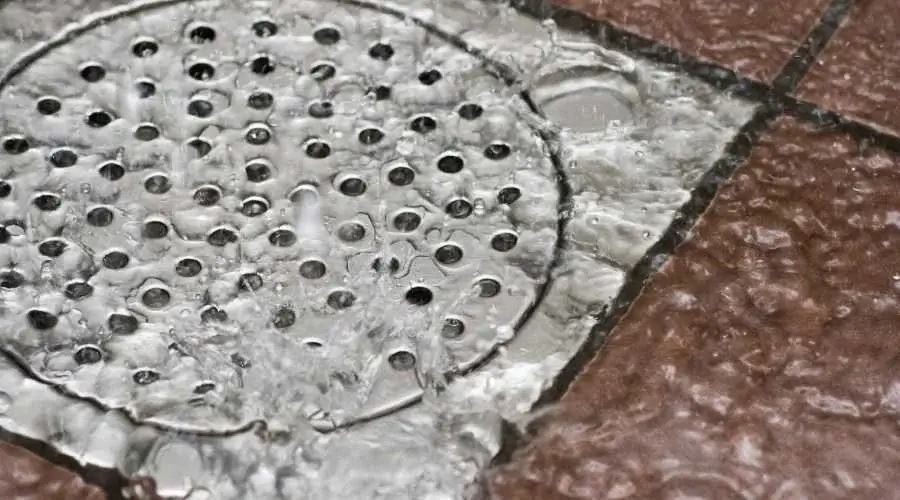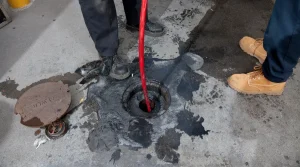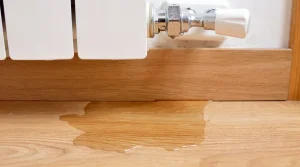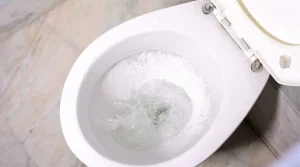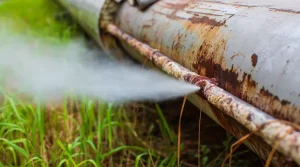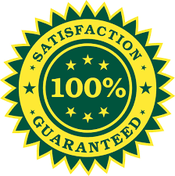Routine commercial floor drain maintenance is critical for keeping your business safe, sanitary, and free from plumbing emergencies. Whether you’re running a restaurant, warehouse, or healthcare facility, floor drains play a crucial role in managing wastewater, preventing floods, and eliminating unpleasant odors.
In this guide, we’ll cover the most effective strategies to maintain your commercial floor drains, avoid costly blockages, and ensure your business stays operational.
Why Commercial Floor Drains Matter
Floor drains are installed in areas where water or waste might accumulate—like kitchens, restrooms, utility rooms, or garages. Their main job is to channel liquids into the sewer or stormwater systems, reducing the risk of water damage and maintaining sanitary conditions.
Neglecting proper commercial floor drain maintenance can lead to clogs, sewage backups, foul smells, and even expensive repairs that disrupt business operations. That’s why regular upkeep is not just recommended—it’s essential.
5 Smart Tips for Effective Commercial Floor Drain Maintenance
1. Flush with Soapy Water
Pouring soapy water into your floor drain does more than just clean it—it also keeps the P-trap moist. This prevents sewer gases from escaping into your facility. If the water drains slowly, that’s a sign of an early blockage that needs attention.
2. Keep Drains from Drying Out
Dry drains are a common cause of foul odors in commercial spaces. Every drain has a P-trap that acts as a water barrier. When the water evaporates, sewer gases leak into the room. To prevent this, flush rarely used drains regularly with water or a mild soap solution.
3. Stop Debris Before It Enters
In busy environments, it’s tempting for staff to sweep food scraps, dirt, or trash toward floor drains. This practice is a major contributor to clogs. Train employees to dispose of waste properly and use floor drain covers to catch large particles before they go down the drain.
4. Don’t Ignore Rarely Used Drains
Even if a drain isn’t used frequently, it still needs attention. Over time, these can become dry or collect dust and debris that eventually cause blockages. Include all floor drains in your regular commercial floor drain maintenance schedule—especially those in low-traffic areas like storage or maintenance rooms.
5. Schedule Routine Cleanings
Proactive commercial floor drain maintenance involves more than just cleaning visible areas. Schedule monthly cleanings for high-use areas, and arrange for professional inspections at least once a year. This helps detect early signs of corrosion, buildup, or other issues before they escalate.
What to Do When a Drain Clogs
Try Simple DIY Fixes
Use soapy water to test the drain flow. If it’s slow, try using a drain snake to break up minor clogs. These tools are easy to use for shallow obstructions.
Call a Professional
If DIY methods don’t resolve the issue or if water continues to back up, it’s time to contact a licensed plumber. Professionals can use diagnostic tools like cameras and hydro-jetting equipment to identify and fix deeper or more complex issues in your drainage system.
Types of Commercial Drain Materials
Different types of drains require specific maintenance techniques. Understanding what you have installed can guide how you care for them:
- Stainless Steel: Durable and corrosion-resistant, requiring minimal upkeep.
- Cast Iron: Strong but can rust over time and needs regular inspection.
- Plastic (PVC): Inexpensive and lightweight but may require more frequent cleaning.
- Nickel or Bronze: Aesthetic and corrosion-resistant, but may tarnish without regular care.
FAQs: Commercial Floor Drain Maintenance
Why does my floor drain smell bad?
A dry P-trap is the most common reason. Pour soapy water into the drain regularly to maintain the water seal.
How often should I clean commercial floor drains?
Clean high-use drains monthly. Schedule professional inspections at least once a year.
Can I use chemical drain cleaners?
Avoid harsh chemicals. They may damage cast iron or plastic pipes. Use eco-friendly solutions or call a plumber.
How do I prevent clogs in commercial drains?
Educate staff, avoid sweeping debris into drains, and use drain covers to catch large particles.
What should I do if a DIY fix doesn’t work?
Contact a licensed plumber. They can safely and efficiently resolve serious clogs without damaging the system.
How do I maintain rarely used drains?
Flush them monthly with water or a mild soap solution to prevent drying out and debris buildup.
What are signs that a drain needs professional help?
Watch for slow drainage, gurgling sounds, recurring clogs, or unpleasant smells.
Final Thoughts
Commercial floor drain maintenance is essential to the daily operation and long-term integrity of any commercial space. By combining regular cleaning, smart preventative steps, and occasional professional support, you’ll avoid costly plumbing problems and keep your business environment clean, safe, and efficient.
If you need expert assistance with your commercial floor drains, don’t hesitate to reach out to a trusted plumber in your area.

